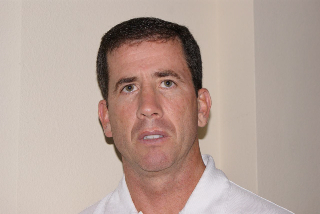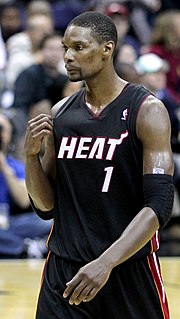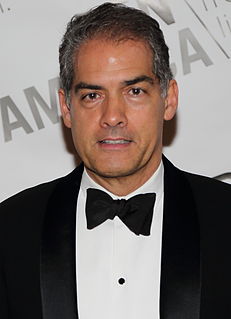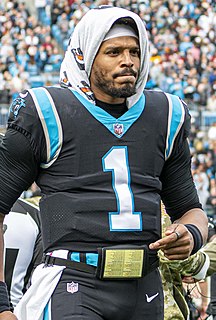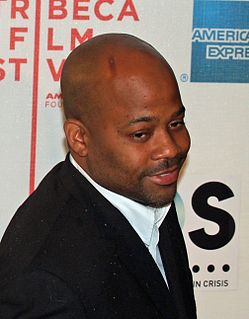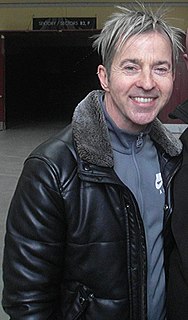A Quote by David Cage
Each time you buy a used game, this is money that doesn't go into the pocket of the people that took the risk to create this, to finance it, to develop it.
Related Quotes
In the future you're going to be able to go into a 7-Eleven and buy a ticket on a game, and people who don't use gambling as often as others do, like the people who go and buy lottery tickets, there's going to be more opportunity for people to do it. And with people casually gambling throughout the country, it's going to generate a lot of money.
People get together and they donate to organizations so that a pile of money can be used to create a message that can be broadcast en masse as part of the a political campaign. They are the lifeblood of Hillary Clinton campaign, the banks and all these big time rich people from Hollywood and Silicon Valley are the mother's milk of her campaign. They are the money. She just doesn't want Donald Trump to have it or any other Republican to have it or any average citizen to be able to bundle his money with other people's money and create an ad or a campaign.
To me, money is a vehicle; it's a tool. I could use it as a weapon to destroy things or money can create-you can create an opportunity, you can create a charity, you can create things for your family, you can go do something for your family that nobody else would ever do. You can create educational opportunities, you can feed people overseas. And there's a tremendous leverage with money, or you can destroy people with it.
I'm never gonna owe money because every time I get a dollar, I put it into another business, whether it's to buy goods or develop other companies. You don't have money; you have companies. That's one business model. That's mine. And I only associate with other people that are putting up their own money, 'cause they're the only ones that can relate.


